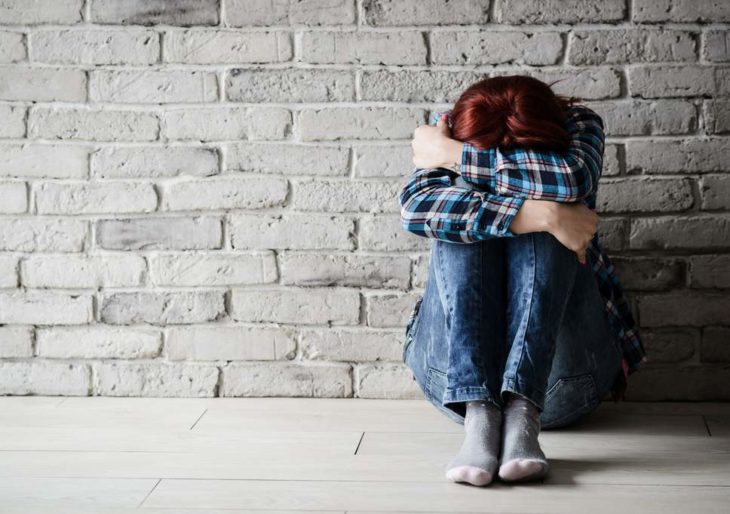We all experience a little bit of anxiety now and then. Anxiety is nothing but a phenomenon wherein our body reacts to stressful situations by causing feelings of apprehension or even fear about what is about to happen. We come various occasions in our daily lives that can cause a bit of anxiety in us, like going for an interview, or getting stage fright right before addressing a broad audience, or the sense of fear right before the results are going to be announced. Many people encounter such situations that cause a bit of anxiety daily, and it is only natural to do so.
However, if such feelings of fear or nervousness become extreme, last for more than six months, and have started to alter your behavior and lifestyle patterns, then it has become a matter of concern, and it must be addressed. Too much anxiety – known as an anxiety disorder – is not suitable for health and it can cause some severe damage to the body including your brain!
Anxiety Disorder
Ordinarily, people experience anxious feelings that come and go, but such feelings don’t interfere with their everyday life. However, if the feelings of anxiety are prolonged and persistent, it is a case of anxiety disorder. It can cause people to refrain from doing things they used to like or enjoy doing. It is the most common form an emotional discomfort and can affect any person of any age.
Some of the common forms of Anxiety Disorders are panic attacks, phobias, obsessive-compulsive behavior, anti-social behavior, fear of separation, fear of getting ill or harmed, post-traumatic stress, loss of appetite, lack of interest in social activities, etc. Many times, people experience episodes of exaggerated emotions, overwhelming stress, and apprehension, heightened fear, and worrying. Such events are known as anxiety attacks.
Source: Harvard UniversitySymptoms
Anxiety attacks often occur whenever a stressful situation happens. These attacks cause people to experience some symptoms which may vary from individual to individual and may even change over time. Some of the most common symptoms of anxiety attacks are excessive sweating, feeling of dizziness or fainting, having a feeling of dry mouth suddenly, feeling of breathlessness, getting chills, burning sensations, hot flashes, excessive worrying or being over apprehensive, heightened sense of fear, distress, tingling like feeling, numbness, getting restless, etc.

Source: Pinterest
Treatment Options
There isn’t a dedicated test to diagnose anxiety; it is often diagnosed after a series of physical examinations, mental health assessments, and may sometimes even require a psychological analysis of the individual. There are, however, several tests to determine if you are suffering from anxiety. These tests also help doctors in determining the scale or severity of your anxiety disorder.
Once diagnosed with anxiety, there are various treatment options and remedies available on the offering. Your doctor will determine the best possible treatment remedy based on the severity of your disorder and the symptoms you have been experiencing because of the disease.
For less severe cases, medication may not even be considered. Your doctor may ask you to make some lifestyle changes and help you come out of this disorder. For moderate to severe cases, medical treatment is often considered, and it may include taking some drugs combined with psychotherapy sessions. Medications typically prescribed for such treatment include sedatives and antidepressants, like Ativan 9 which is one of the most common medicine prescribed to patients diagnosed with anxiety disorders.

Source: The Independent
Natural Remedies
Medication always helps in finding relief from any form of disorders, but medication alone cannot work effectively. You must also indulge in some natural remedies to boost your recovery. Subtle lifestyle changes are proven to be an effective way to find relief from stress and anxiety. The standard most forms of natural remedies include taking care of your body, switching over to a healthy lifestyle, changing your diet to wholesome grains, green leafy vegetables, and eliminating unhealthy ones like junk food and processed items.
Some of the most commonly advised natural remedies are:
- Managing sleep – make sure you are getting enough of it
- Meditation – the perfect stress buster – it calms you from inside and helps kill stress
- Exercising – take up a bit of mild exercising to keep fit and active
- Smoking & Alcohol – you may have to consider quitting these habits for good!
